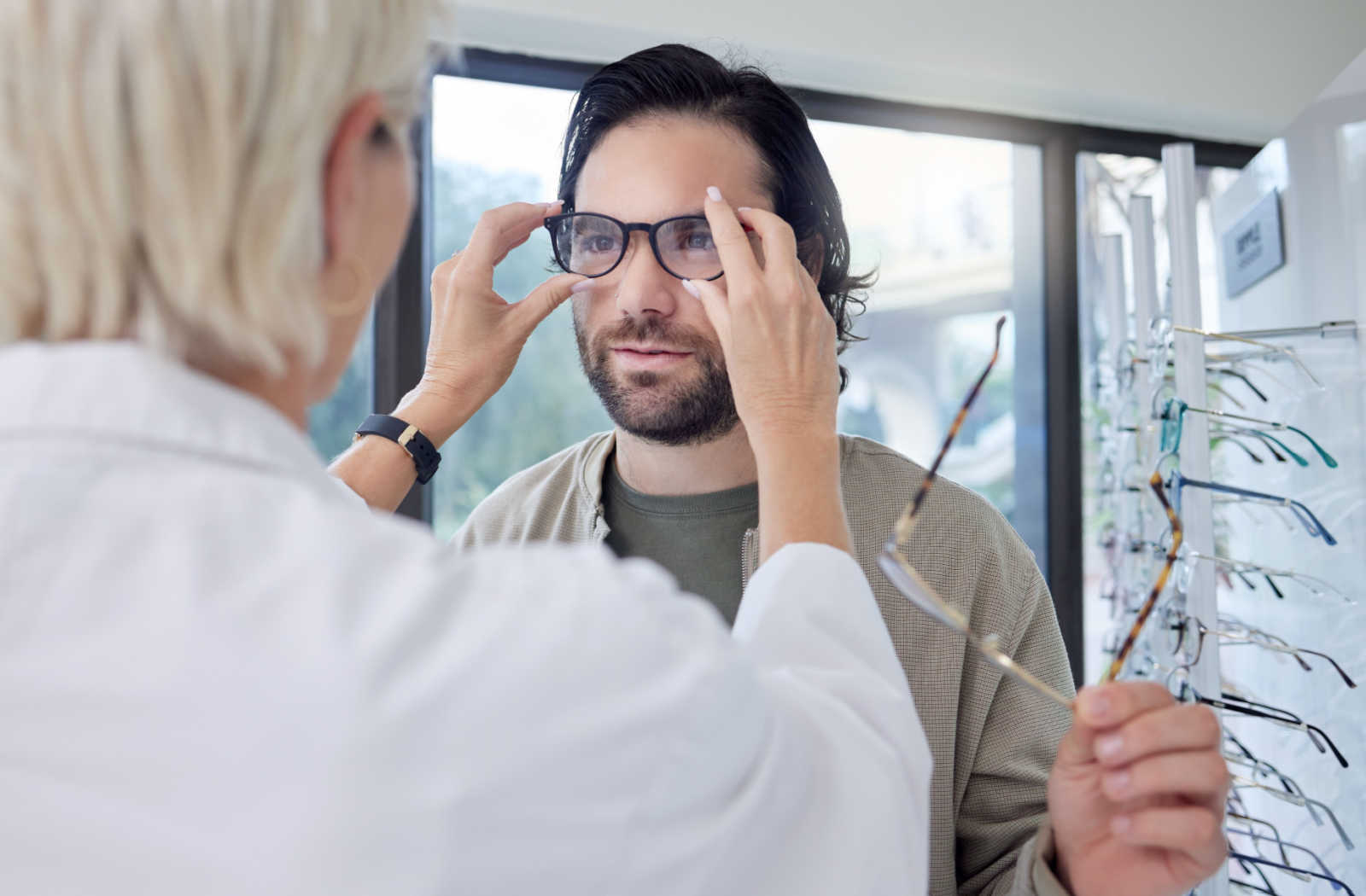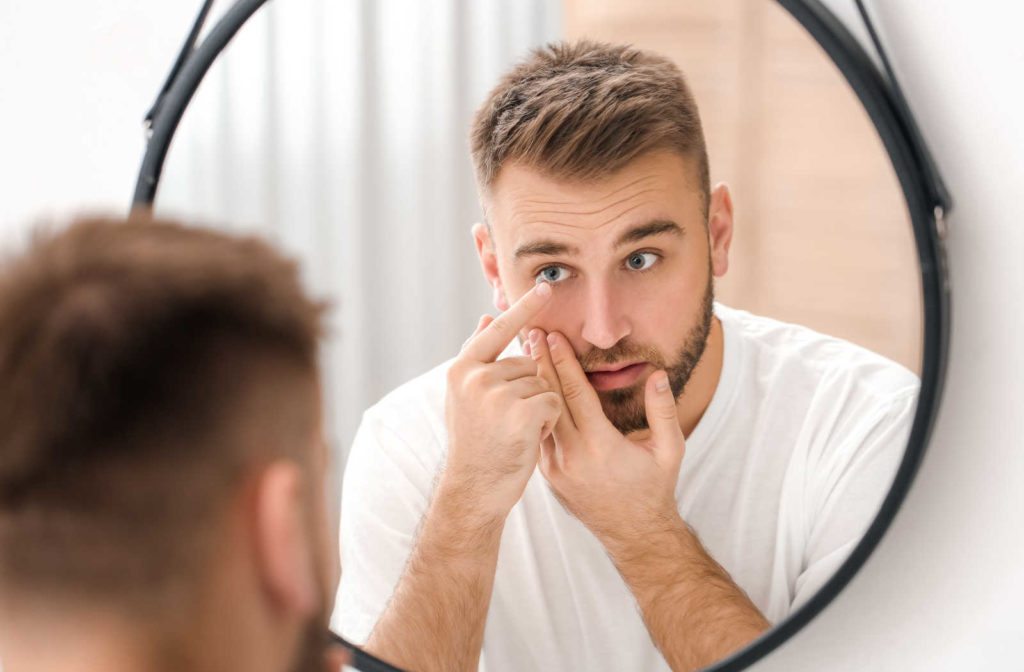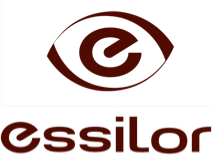Myopia is a common refractive error that affects many children and adults.
There is no way to reverse myopia, but contact lenses and prescription eyeglasses can be good ways of correcting or slowing its progression.
Although both can be effective treatments for myopia, neither is leaps and bounds ahead of the other in their effectiveness for myopia control.
There is no one-size-fits-all answer for which correction or control method could work best. For example, contact lenses may not best suit a young child. Whereas an adult with myopia may benefit most from a third treatment option—refractive laser eye surgery.
Your optometrist can make recommendations for treating myopia in you or your child after a comprehensive eye exam.
What Is Myopia?
Myopia is a refractive error that causes distant objects to appear blurry without affecting close-up vision. It is commonly known as nearsightedness. It is a prevalent condition that affects around 30% of the population and is expected to increase to 50% by 2050.
2 things can cause myopia: an abnormally long eyeball or too great of a curve of the cornea. There is both a genetic component and an environmental component to the condition.
You or your child may notice symptoms, such as blurry vision, the need to squint, or headaches before your eye doctor diagnoses myopia. But an exam is how your eye doctor can determine which form of correction to recommend.
Symptoms of Myopia
Some of the most common myopia symptoms may include:
- Children complaining of faraway objects being blurry. But if they develop myopia at a young age, they may not notice the blurry vision because it is all they know.
- Squinting or holding objects closer than necessary to one’s face.
- Constant eye rubbing or increased blinking.
- Needing to sit closer to things like a school blackboard or the television.
Are Glasses or Contacts Better for Correcting Myopia?
When looking at the facts, one clinical study showed around a 43% slowing of myopia progression in children over a 3-year timeframe using a multifocal contact lens. Studies on the efficiency of prescription eyeglasses for myopia control are limited and preliminary, but multifocal prescription lenses show some promise.
Neither option is leaps and bounds ahead of the other, so it often boils down to your optometrist making their recommendation based on your unique situation. Even children can wear some great contact lens options, but if hygiene or commitment to wear them is a concern, eyeglasses may be the best route.

Myopia Correction Options
Researchers have linked high myopia to several eye conditions, such as glaucoma, cataracts, and retinal tears that can lead to retinal detachment. If a child is diagnosed with myopia, there may be myopia control options your optometrist recommends. If myopia continues to develop into high myopia, correction may become more complex but not impossible.
Eyeglasses
Typically glasses are the simplest and safest way to correct a refractive error. If a child cannot wear contact lenses for myopia control, a 3-year study showed around a 51% slowing of myopic progression when multifocal lenses were used.
If an adult has myopia and they do not want to wear contact lenses, prescription eyeglasses are an alternative.
Contact Lenses
Contact lenses typically offer great myopia control benefits as well. One thing that stands out about them is the number of options available. You may choose from several types of contact lenses for controlling myopic progression instead of a single, tested option in eyeglasses.
Laser Eye Surgery
Laser eye surgery is not a myopia control option because by the time a person can be a candidate for the procedure—typically around 18—their myopia could nearly be done progressing. And if an adult’s prescription is unstable, they are also typically not candidates for surgery.But if an adult decides they do not want contacts or glasses later in life, laser eye surgery, such as LASIK, may be a good option for vision correction.
Discuss Improving Your Vision with Your Optometrist
There is no one-size answer to improving your vision. The severity of refractive error or other contributing conditions, such as glaucoma, could affect the best treatment option. In addition to checking your eye health and vision clarity during a comprehensive eye exam, your eye doctor may ask about your vision needs.
For example, an athlete may prefer contact lenses or eye surgery over prescription glasses. Whereas glasses may be the better option for some children to reduce the risk of infection from improper handling.
Your eye doctor can recommend a solution whether you have trouble with nearby or faraway vision. Give us a call or stop by and see us at Eye Care Group today. Our professional team can answer your questions and book you an appointment to see one of our knowledgeable optometrists.




